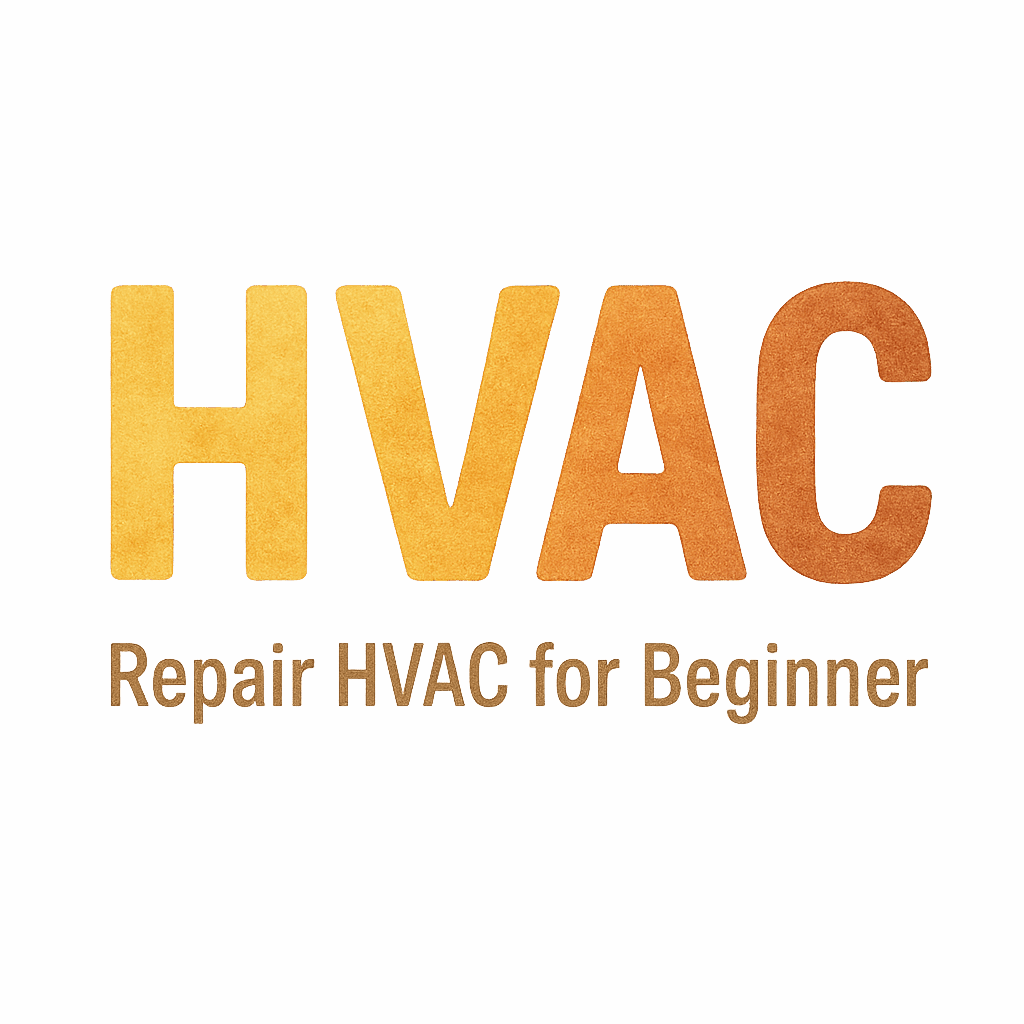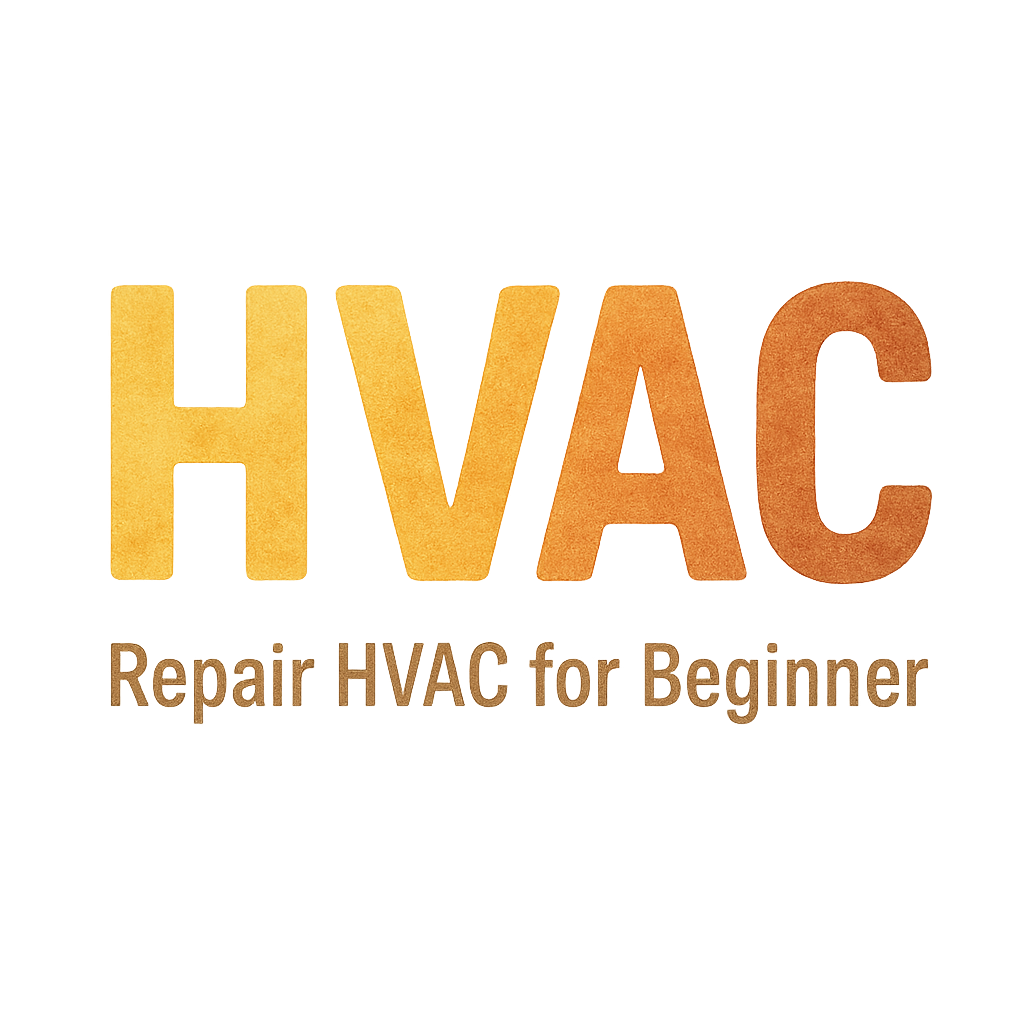When it comes to HVAC systems, there are many misconceptions that homeowners often believe. These myths can lead to poor decision-making, higher costs, and unnecessary frustration. In this article, we’ll debunk 10 common HVAC repair myths that you might have heard and show you why having the right knowledge is crucial for your HVAC system’s longevity and efficiency.

Myth 1: HVAC Repairs Are Always Expensive
One of the most common myths surrounding HVAC repairs is that they are always costly. Many people think that once their HVAC system breaks down, the repair will be out of their budget. However, this isn’t always the case.
Why HVAC Repairs Don’t Have to Break the Bank
While some repairs can be pricey, many can be done at a reasonable cost, especially if you catch problems early. Routine maintenance can also prevent expensive repairs down the road. In fact, small issues like a clogged filter or a dirty condenser coil are inexpensive to fix but can lead to costly breakdowns if ignored. Regularly servicing your HVAC system can save you a significant amount of money in the long term. Learn more about cost-effective HVAC solutions here.
Myth 2: DIY HVAC Repairs Are Just as Good
Another widespread myth is that DIY HVAC repairs are just as effective as professional repairs. With the rise of online tutorials and home improvement blogs, many homeowners try to fix their HVAC systems on their own. However, this can be dangerous and ineffective.
The Risks of DIY HVAC Repairs
HVAC systems are complex, and attempting DIY repairs without the proper training can lead to more damage. Not only does this risk further complications, but it could also void your warranty and increase repair costs. Moreover, some repairs, like refrigerant leaks or electrical issues, can be dangerous and require professional expertise to ensure the safety of your home and family. Learn why professional HVAC repairs are crucial for safety.
Myth 3: Your HVAC System Is Fine If It’s Still Running
Just because your HVAC system is still running doesn’t mean it’s working efficiently. Many people believe that if their HVAC unit is producing cool or warm air, it’s functioning perfectly.
The Importance of Regular HVAC Maintenance
HVAC systems need regular maintenance to run efficiently, even if they appear to be working well. A system can continue running even if it’s not performing at peak efficiency. Regular check-ups ensure that small issues are addressed before they become big problems, ensuring optimal performance and energy efficiency. Find out why preventive HVAC maintenance is key to efficiency.
Myth 4: New HVAC Systems Don’t Need Regular Maintenance
Many homeowners think that because their HVAC system is new, they don’t need to worry about maintenance. After all, it’s a new unit, right?
Why New HVAC Systems Need Maintenance
Even new HVAC systems require regular maintenance to ensure they continue to operate at their best. Components such as filters, coils, and ductwork still need cleaning and inspection to avoid potential problems. Neglecting routine maintenance can lead to premature wear and tear, reducing the system’s lifespan. Discover the importance of regular maintenance for new HVAC systems here.
Myth 5: Bigger HVAC Units Are Always Better
Some homeowners believe that a larger HVAC unit is always better because it can cool or heat a home more quickly. However, a system that’s too big for your space can actually cause problems.
Finding the Right Size HVAC System
Choosing the right size HVAC system is crucial for efficiency and comfort. An oversized unit will cycle on and off too frequently, leading to higher energy costs and uneven temperatures. An undersized unit, on the other hand, will struggle to reach the desired temperature and wear out more quickly. It’s important to have an HVAC professional perform a load calculation to determine the best size for your home. Learn more about sizing your HVAC system correctly here.
Myth 6: All HVAC Repairs Are the Same
Not all HVAC repairs are the same. While some issues are straightforward, others require specialized knowledge and expertise.
Types of HVAC Repairs and When You Need Them
From air filter replacements to refrigerant leaks and compressor failures, HVAC systems involve a variety of components that can malfunction in different ways. It’s essential to recognize when a problem is simple and when it requires professional attention. For example, a clogged filter might be a simple fix, but dealing with refrigerant issues or electrical problems requires a certified technician. Explore the different types of HVAC repairs here.
Myth 7: Air Filters Don’t Need Frequent Replacements
Air filters are often neglected, with many homeowners assuming that they only need to be replaced once in a while. In reality, dirty filters can significantly impact your HVAC system’s performance.
The Impact of Dirty Air Filters on Your HVAC
Dirty filters block airflow, forcing your system to work harder. This not only increases energy consumption but also leads to poor indoor air quality. Regularly changing the filters is one of the simplest and most effective ways to keep your HVAC system running smoothly. Learn why air filter replacements are essential.
Myth 8: HVAC Systems Are Not Affected by the Weather
While it might seem like your HVAC system is a year-round solution, extreme weather conditions can have a significant impact on how well it performs.
How Weather Affects Your HVAC System
Both winter and summer extremes can strain your HVAC system. Cold temperatures can affect the efficiency of heating units, while hot temperatures can push air conditioners to their limits. By scheduling regular maintenance and seasonal tune-ups, you can help ensure that your system is prepared for whatever weather conditions come your way. Check out how seasonal changes impact your HVAC system.
Myth 9: All HVAC Technicians Are the Same
Another common myth is that all HVAC technicians are equally qualified. This is far from the truth. HVAC technicians vary in terms of experience, certifications, and expertise.
Why Certification Matters in HVAC Repairs
When hiring an HVAC technician, make sure they are certified and licensed. Certified technicians have undergone the necessary training to ensure quality and safety in their work. Choosing an unqualified technician might save you money upfront but could lead to poor-quality repairs and higher costs in the long run. Find out more about hiring a certified HVAC professional.
Myth 10: It’s Fine to Ignore Small HVAC Problems
Some homeowners ignore small HVAC issues, thinking that they’ll fix themselves or that they aren’t significant enough to worry about. However, these minor problems can snowball into much larger, more costly issues.
The Importance of Early HVAC Problem Detection
Addressing small problems early can save you money and prevent inconvenient breakdowns. A minor issue, such as a strange noise or a slight temperature fluctuation, could indicate something more serious, like a failing component. Regular inspections and early detection can prevent expensive repairs and ensure your system runs efficiently. Learn how to detect and prevent small HVAC issues early.
Conclusion
Understanding the truth behind HVAC repair myths can save you time, money, and stress. From the importance of regular maintenance to knowing when to call a professional, debunking these myths will help you keep your system in top shape. By staying informed and making proactive decisions, you can ensure your HVAC system operates efficiently for years to come.
FAQs
- How often should I schedule HVAC maintenance?
- Ideally, you should schedule HVAC maintenance twice a year—once in the spring for your air conditioner and once in the fall for your heater. Read more about maintenance scheduling here.
- Can I repair my HVAC system myself?
- It’s not recommended to attempt HVAC repairs yourself unless you have the proper knowledge and tools. Always consult a professional. Explore why DIY HVAC repairs can be dangerous here.
- How do I know if my HVAC system is too big for my home?
- An HVAC system that’s too large will cause temperature fluctuations and higher energy bills. Consult a professional to ensure you have the correct system size. Learn how to size your HVAC correctly.
- How often should I replace my air filters?
- Air filters should be replaced every 1-3 months, depending on usage and the type of filter. Find out why filter replacement is so important.
- What are the signs that my HVAC system needs repairs?
- Signs include strange noises, inconsistent temperatures, poor airflow, and higher energy bills. Check out the top signs your HVAC system needs repairs here.
- Can weather affect my HVAC system’s performance?
- Yes, extreme temperatures can strain your system, so it’s important to ensure it’s well-maintained to handle both hot and cold weather. Learn more about seasonal HVAC care here.
- Why is professional certification important for HVAC technicians?
- Certification ensures that technicians have received proper training and adhere to safety standards, providing high-quality service and repairs. Discover why certified HVAC professionals are the best choice.


